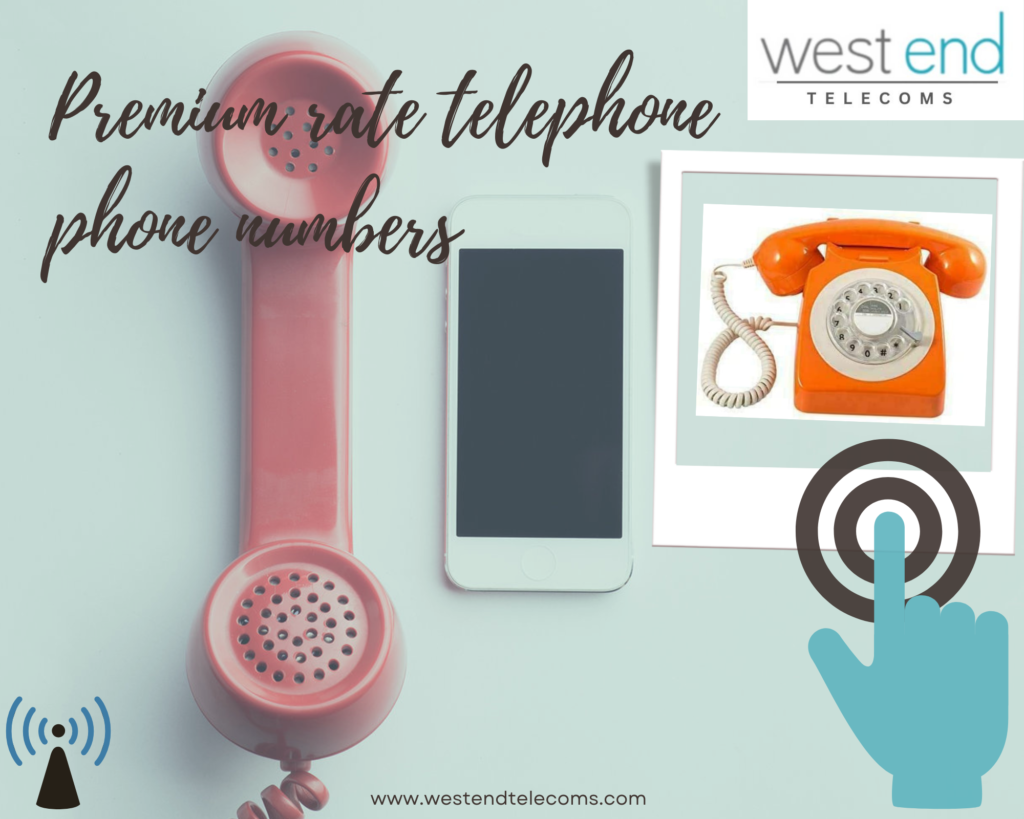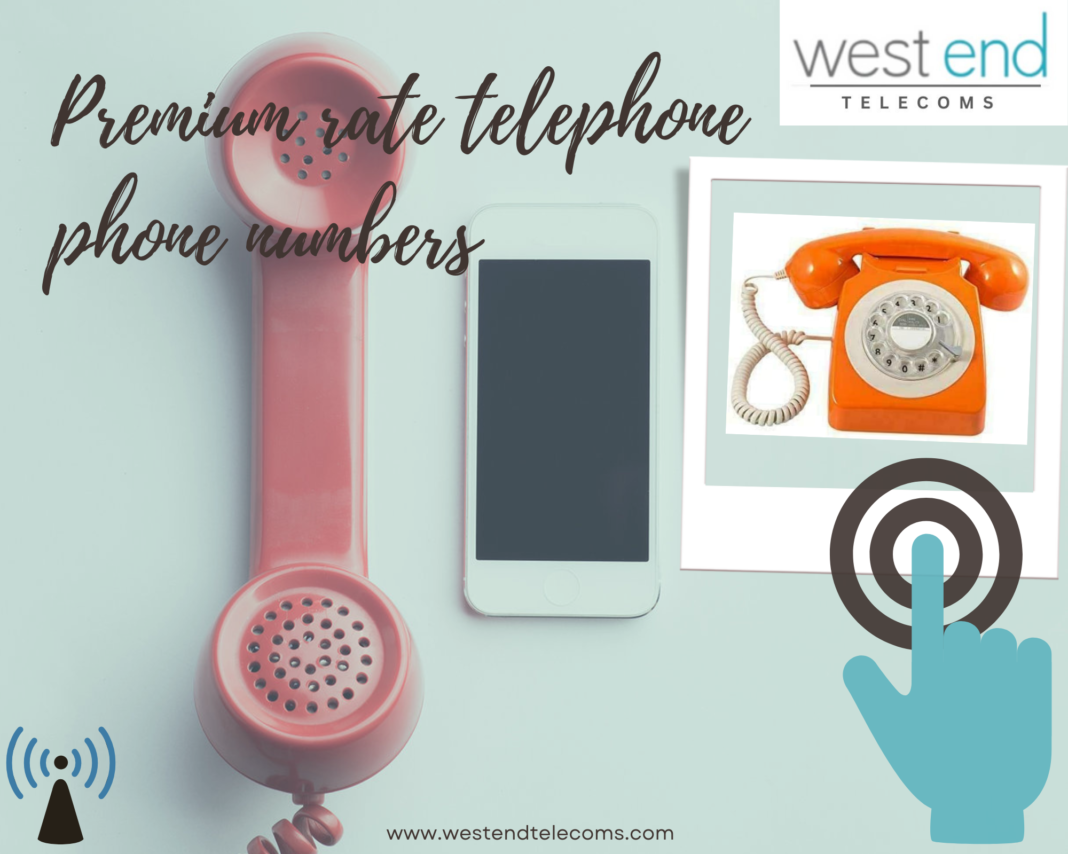In the ever-evolving landscape of telecommunication services, one question looms large: Are premium rate telephone numbers worth the investment? As consumers and businesses navigate through various communication options, understanding the value proposition of premium rate numbers becomes crucial. In this blog post, we embark on a journey to explore the intricacies and assess whether opting for premium rate telephone numbers is a worthwhile endeavor.
Unveiling the Purpose of Premium Rate Numbers
At the outset, it’s imperative to decipher the purpose behind premium rate telephone numbers. These numbers are distinct in that they allow businesses to charge callers a higher rate for accessing specific services or content. From helplines, entertainment services, and voting lines to information hotlines, premium rate numbers offer a diverse range of applications.
The Pros and Cons
The Pros
1. Revenue Generation:
One of the primary advantages of premium rate numbers is their revenue-generating potential for businesses. By offering specialized services, companies can turn customer interactions into a source of income.
2. Enhanced Services:
Premium rate numbers often come with additional features and services. This can include exclusive content, personalized interactions, and real-time engagement, elevating the overall customer experience.
3. Marketing and Promotions:
Businesses can leverage premium rate numbers for marketing initiatives. Promotional campaigns, surveys, and interactive activities become more engaging when facilitated through premium rate services.
The Cons
1. Perceived Cost for Customers:
One major drawback is the perceived high cost for customers. The reluctance to incur additional charges might discourage some users from engaging with premium rate services.
2. Regulatory Challenges:
Navigating the regulatory landscape can be complex. Adhering to compliance standards and ensuring transparency in pricing is crucial but can pose challenges for businesses.
3. Potential for Misuse:
The potential for misuse, such as fraudulent schemes or misleading promotions, can tarnish the reputation of premium rate numbers and raise concerns among consumers.
Exploring the Value Proposition
1. Tailored Solutions:
Premium rate numbers provide businesses with a platform to offer tailored solutions. This personalization can lead to increased customer satisfaction and loyalty.
2. Revenue Diversification:
For businesses seeking to diversify their revenue streams, premium rate numbers offer an additional income source, contributing to financial stability.
3. Customer Engagement:
The interactive nature of premium rate services fosters direct engagement with customers. This two-way communication is instrumental in building strong relationships.
Conclusion: Navigating the Decision
In the final analysis, determining whether premium rate telephone numbers are worth the investment requires a nuanced consideration of the specific goals and nature of the business. For those seeking diversified revenue streams, enhanced customer engagement, and tailored solutions, premium rate numbers can indeed offer substantial value. However, a cautious approach, compliance with regulations, and a clear communication strategy are essential elements to ensure a positive experience for both businesses and consumers.
As industries evolve and communication methods advance, the value of premium rate telephone numbers will continue to be shaped by market dynamics, consumer preferences, and the ability of businesses to leverage these services effectively. Ultimately, the decision to invest in premium rate numbers should align with a comprehensive understanding of the associated benefits and potential challenges.


















